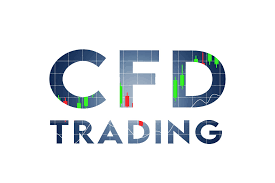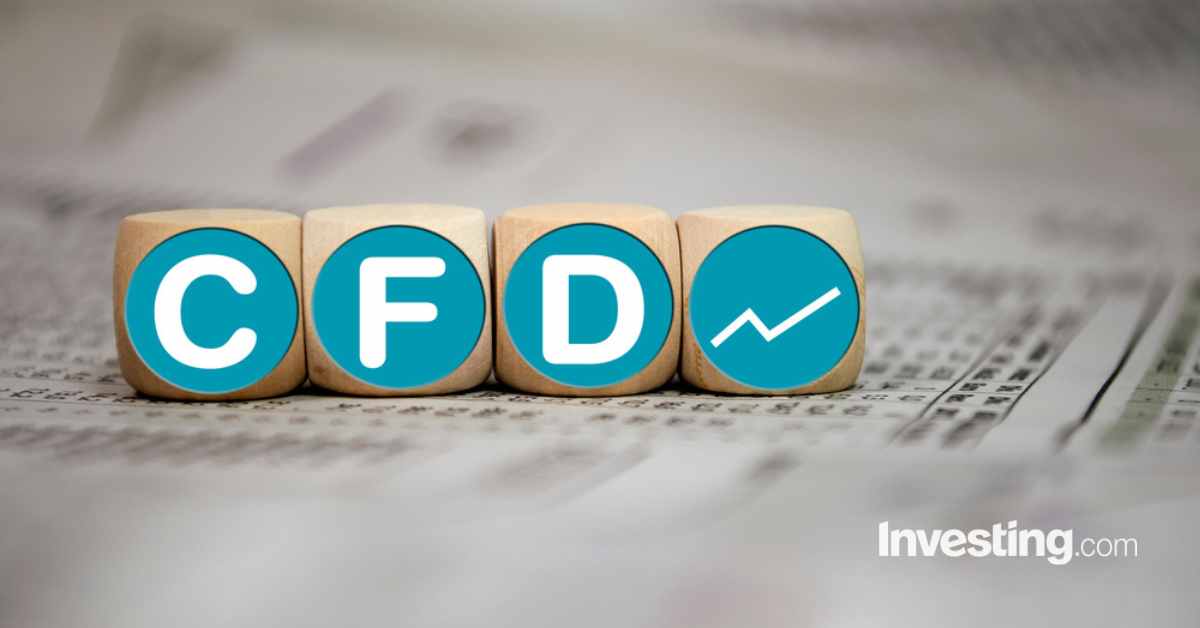
Understanding the Best CFD Trading Regulations
When diving into the world of Contract for Difference (CFD) trading, one of the most crucial aspects to consider is the regulatory framework surrounding it. The best cfd trading regulations https://bestbrokercfd.com/cfd-brokers/exness/ play a significant role in providing a safe trading environment and instilling confidence among traders. The CFD market has gained immense popularity due to its accessibility and the ability to trade various financial instruments with leverage. However, without proper regulations, traders would be vulnerable to fraud, manipulation, and unfavorable trading conditions. In this article, we will explore some of the best CFD trading regulations globally, the importance of regulation, and how to choose a regulated broker for your trading needs.
The Importance of Regulation in CFD Trading
Regulations in the CFD trading industry are essential for several reasons:
- Investor Protection: Regulatory bodies enforce rules that protect traders against fraud and unfair practices. Regulations ensure that brokers maintain a level of transparency related to their pricing, fees, and trading conditions.
- Financial Stability: A well-regulated market reduces the risk of systemic failures. It ensures that brokers adhere to financial standards, thereby contributing to the overall stability of the financial system.
- Market Integrity: Regulation promotes fair competition among brokers and prevents unethical trading practices, ensuring that all traders are treated with fairness.
- Enhanced Transparency: Regulated brokers are obliged to provide accurate information and detailed disclosures regarding their operations. This transparency helps traders make informed decisions.
Key Regulatory Bodies for CFD Trading
Different countries have their regulatory bodies that oversee CFD trading. Here are some of the leading regulators that set the standards for safe trading practices:

1. Financial Conduct Authority (FCA) – United Kingdom
The FCA is one of the most reputable regulatory bodies globally, responsible for overseeing financial services in the UK. The FCA imposes strict regulations on brokers, requiring them to segregate client funds, maintain adequate capital, and provide transparent pricing. Traders can be confident that FCA-regulated brokers adhere to high standards of practice.
2. Cyprus Securities and Exchange Commission (CySEC) – Cyprus
CySEC is another well-known regulatory authority in the EU, overseeing financial markets in Cyprus. CySEC regulations help protect clients by requiring brokers to follow strict guidelines, including having adequate capital requirements and ensuring client funds are held in separate accounts. Many brokers offering CFD trading services are licensed by CySEC, making it a popular choice among traders.
3. Australian Securities and Investments Commission (ASIC) – Australia
ASIC regulates the financial services industry in Australia and is recognized for its robust approach to client protection. ASIC’s regulations ensure that brokers operate with high transparency standards and adhere to strict financial obligations. Traders often prefer ASIC-regulated brokers for their reputation for integrity and best practices.
4. Securities and Exchange Commission (SEC) – United States

The SEC oversees security transactions in the U.S. Although CFD trading is not as common in the U.S. as in other regions, brokers operating in the country must comply with rigorous regulatory standards. The SEC’s regulations aim to protect investors and maintain fair and efficient markets.
5. Financial Services Authority (FSA) – Japan
The FSA is the regulatory body governing Japan’s financial sector. It ensures the stability of the financial system and protects investors through stringent regulations. Brokers operating in Japan need to be licensed by the FSA, ensuring they meet high operational standards.
Choosing a Regulated Broker
Selecting a regulated broker is paramount for a successful trading experience. Here are some steps to consider when choosing a broker:
- Check for Regulation: Ensure the broker is regulated by a reputable regulatory authority. Look for licenses and regulatory numbers that affirm their compliance.
- Review Fees and Spreads: Different brokers offer various pricing structures. Compare spreads, commission fees, and withdrawal fees to find a broker that fits your budget and trading style.
- Assess Trading Platforms: The trading platform is your primary tool for trading. Ensure that it is user-friendly, reliable, and offers the necessary tools and features for your trading strategy.
- Read Reviews: Look for reviews and feedback from other traders concerning the broker’s reputation and service quality. This information could help you make an informed decision.
- Experiment with a Demo Account: Most regulated brokers offer demo accounts. Use these to test the broker’s trading platform and services without risking real money.
Conclusion
In conclusion, the landscape of CFD trading is significantly shaped by regulations that aim to protect traders and enhance market integrity. Understanding the role of regulatory bodies like FCA, CySEC, ASIC, SEC, and FSA is crucial when selecting a broker. Always prioritize regulated brokers to ensure a safe trading environment and gain peace of mind while trading CFDs. With the right regulations in place, traders can enjoy a more secure and transparent trading experience.
